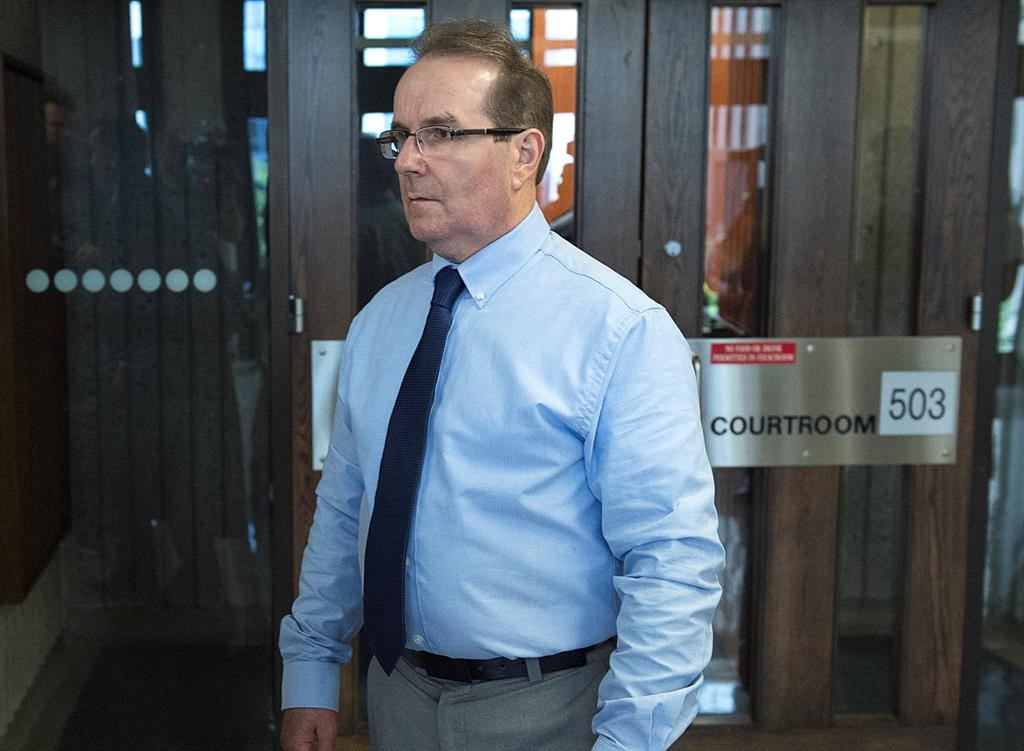A defence lawyer who fought to free Glen Assoun from a wrongful murder conviction says evidence erased by the Mounties would have helped him win his appeal.

A federal report made public Friday revealed that the RCMP chose not to disclose an investigator’s theories of other suspects in the 1995 murder of Brenda Way and had erased or thrown away files.
READ MORE: Evidence of possible serial killer in Halifax wrongful conviction case was destroyed: report

Get breaking National news
This occurred before Assoun’s unsuccessful appeal in 2006, and the Halifax man remained in prison for eight more years. The 63-year-old was declared innocent of second-degree murder on
March 1 after serving almost 17 years in federal penitentiaries. Lawyer Jerome Kennedy says if he’d known serial killer Michael McGray was considered a suspect by an RCMP investigator, it would have backed a theory he was advancing before the Court of Appeal of alternative suspects.
READ MORE: Judge calls for release of evidence in wrongful murder conviction of N.S. man
Kennedy, a former attorney general of Newfoundland and Labrador, says he feels “a sense of sadness” his client went on to serve time for a murder he didn’t commit, due to a justice system that “failed him so miserably.”







Comments